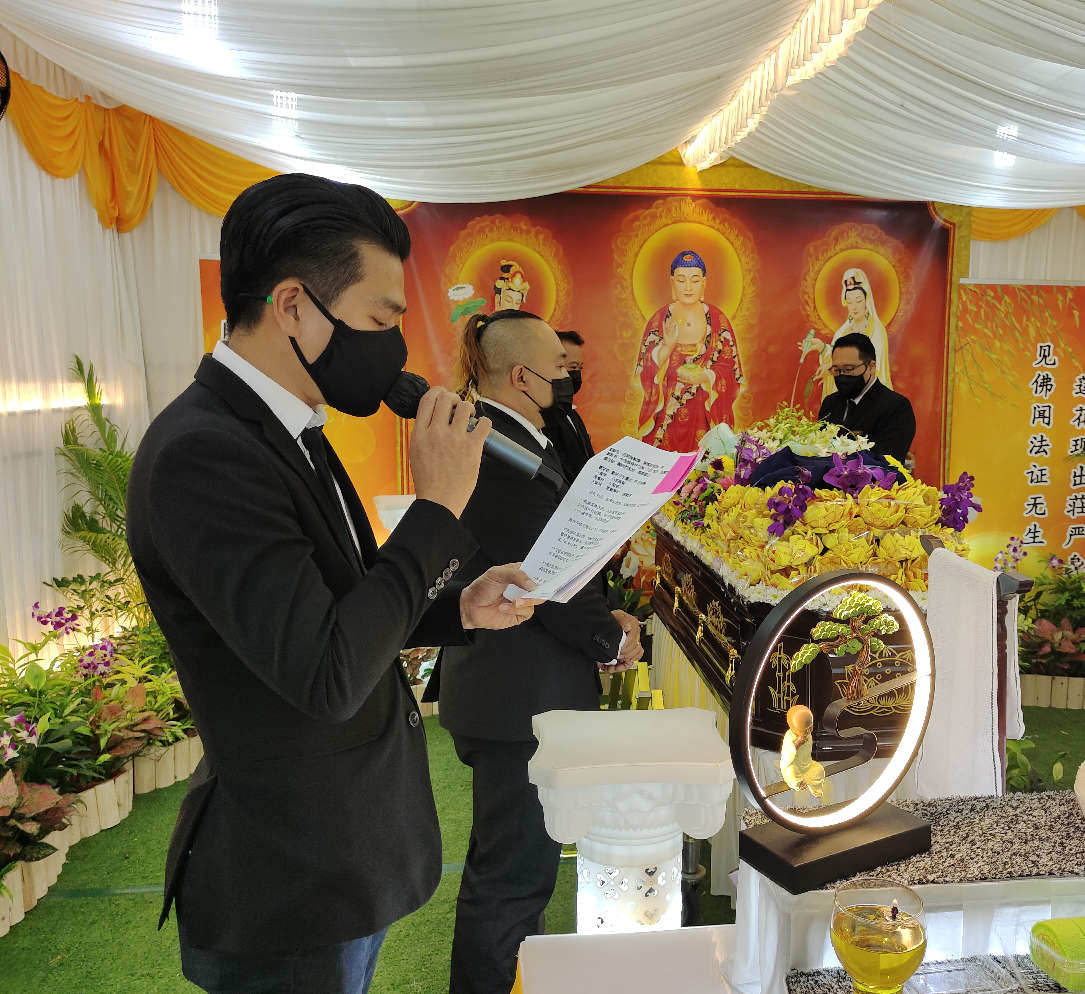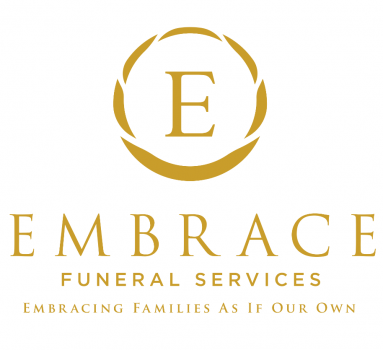The death of a loved one is always difficult, but it can be especially hard to cope with the emotional aftermath of a funeral.
Being a funeral director, I have first-hand experience in witnessing the ways people react to death.
It’s normal to feel a range of emotions after a funeral, including sadness, anger, confusion, and guilt.
These feelings can be overwhelming, but there are ways to deal with them. Here are some ways I’ve learned over the years to help someone cope with the emotional aftermath of a funeral.

1. Allow yourself to feel whatever you’re feeling – sadness, anger, confusion
The first mistake I see people often make is trying to suppress their feelings. This only makes it harder to cope in the long run. It’s important to allow yourself to feel whatever you’re feeling, even if it’s uncomfortable.
Allow yourself to cry, to be angry, and to feel confused. It’s okay to not have all the answers, and it’s okay to not be okay.
2. Don’t try to bottle your emotions up inside
It’s common for people to try to bottle their emotions up inside. I often see men and leaders of families try to hide their pain. They want to appear strong for their loved ones.
However, this can actually do more harm than good. Bottling your emotions up will only make them harder to deal with in the long run. It’s important to find a way to express them, whether that means talking to someone about your loved one or writing in a journal.
We are all human, and showing emotions is a sign of strength, not weakness.
3. Seek out support from friends and family members
It’s important to have a support system after the death of a loved one. Friends and family members can be a great source of support.
One of the best ways to get emotional support from friends is to talk to them about your loved one. This can be a great way to express your emotions and to get some closure. Friends who have been through a loss can also offer some great insights and perspectives.
Your friends and family members can also offer practical support. They can help run errands, cook meals, or just provide company.
Don’t be afraid to ask your friends and family members for help. They want to help, and they will be happy to do whatever they can.
4. Talk about the person who died – share memories and stories
When you seek support from friends and family members, one of the best things you can do is talk about the person who passed on.
Share memories and stories of times together. Share the good moments along with the bad.
This can be a great way to feel connected to them and keep their memory alive.
Don’t be afraid to get in touch with your emotions. It’s okay to laugh and to cry. Just talking about them will help you feel a little bit better.
5. Give yourself time to heal – it may take weeks or even months
The aftermath of a funeral can be a difficult time. It may take weeks or even months for you to start feeling better.
It’s important to be patient and to give yourself time to heal. Don’t try to rush the process.
Take care of yourself both physically and emotionally. Some routines that you had with the loved one may change since they’re no longer with you. Allow yourself to mourn that change and find new routines that work for you.
Grieving is a process, and it takes time. But eventually, the pain will start to fade. And when it does, you’ll be left with beautiful memories of your loved one.
6. Remember that the grieving process is different for everyone
Lastly, it’s important to remember that the grieving process is different for everyone. Don’t compare your grief to that of others.
There are some people I met that did not appear grieving at all. They had a hard time showing their emotions in public and they would bottle everything up inside. I later found out that they were struggling just as much as everyone else was, but they were just dealing with it differently. Grief is a very personal experience, and there is no right or wrong way to deal with it.
What works for one person may not work for another. So find what works for you and stick with it.
Seek professional help
If you are experiencing difficulty coping after the death of a loved one, please consider seeking professional help.
A funeral director or grief counsellor can assist you in finding the resources you need to get through this tough time. On top of providing funeral services, we also offer bereavement services or counselling to help families cope with the grieving process.
About the author:

Jeffrey Lee is the founder of Embrace Funeral Services. As a 4th Generation funeral director (also known as a Funeral undertaker), he plans, organises and runs all aspects of funerals in Singapore. Embrace Funeral strives to provide comfort and relief to bereaved families while giving a dignified tribute to their departed loved ones.



